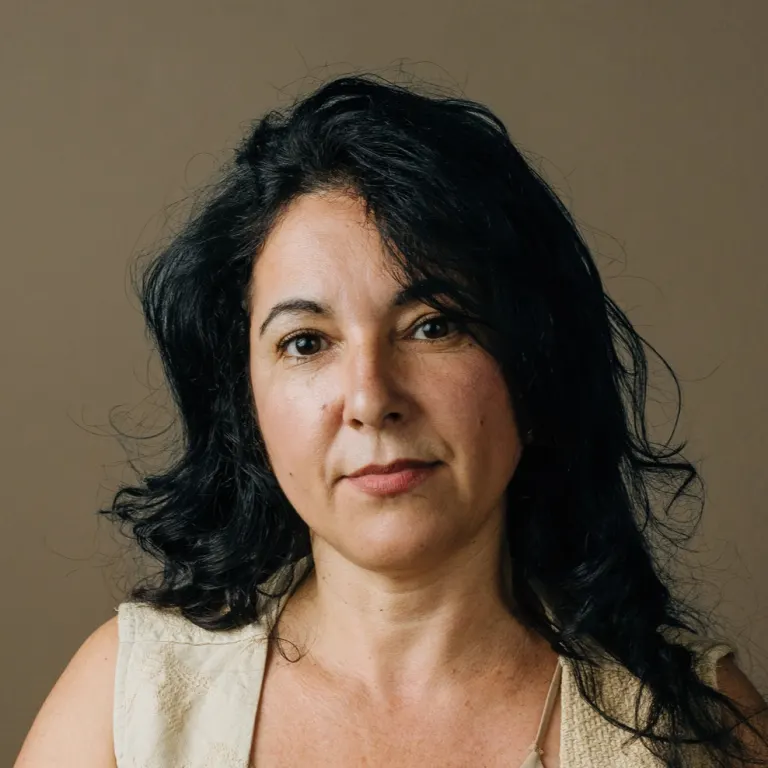Can a bank refuse to accept a power of attorney?
My grandma appointed me as her attorney. Her bank says they need proof that grandma has a cognitive defect. They’re asking for a letter from a medical professional.

April
Campbell River, BC
A bank may ask for a doctor's letter in certain cases. This could happen if the power of attorney itself requires a doctor’s letter confirming mental incapacity. Re-read the terms of your power of attorney to see if this is the case.
Even if your power of attorney doesn’t require this, banks may still ask for a doctor’s letter confirming that 1) your grandma was mentally capable on the date the power of attorney was signed, and 2) she understood the concept of appointing an attorney. This helps protect the bank from legal liability. Banks want to ensure that anyone acting with or for their customer has proper legal authority.
A power of attorney is a legal document, but banks (and any third parties) aren’t legally required to accept a power of attorney if they don’t feel comfortable doing so. They may have internal policies they have to comply with. Consider asking the bank manager to provide their reasons in writing. If you’re concerned that a bank isn’t acting according to BC law, you can make a complaint to the bank’s client care department or ombudsperson office. See this page from the Financial Consumer Agency of Canada for more information.
Otherwise, be careful if the bank asks you to get your grandma to sign their own form of power of attorney. You may want to get legal advice. The bank’s form may undo careful planning done for your grandma’s benefit, and she might no longer be capable of signing a new power of attorney at this time. Here are some free or low-cost options for legal advice.
You might find this article on resolving problems with your bank, by the Canadian Bankers Association, helpful, as well as these tips from Nidus about introducing a representation agreement at a bank or credit union.

Nicco Bautista
Lumina Law
